Latest on Zvihuta findings
- By Zimpapers Syndication |
- 05 Jan, 2026 |
- 0
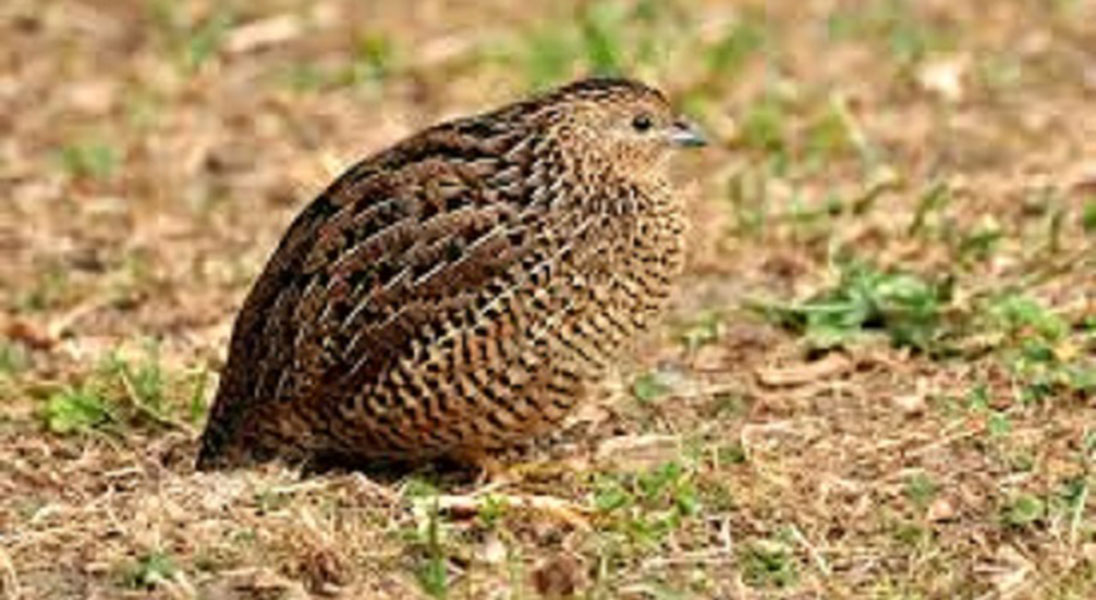
Sifelani Tsiko
A team of University of Zimbabwe food and nutrition scientists say the Government should not totally dismiss claims that quail eggs have medicinal properties arguing that preliminary findings indicate there are some compounds that may be effective for treating certain conditions.
Batsirai Chipurura, a PhD candidate who is part of a UZ Institute of Food, Nutrition and Family Sciences research team that includes of Dr Stella Nyagura, Ollin Rukweza - Chimhau and Gracious Bonzo, told the Southern that quail eggs and meat has some properties that may help treat certain conditions.
“Few studies have attempted to establish the medicinal properties of quail eggs, however some compounds found in quail eggs and also chicken eggs have the potential to prevent some diseases,” he said.
“Therefore, we should not totally dismiss the medicinal properties of quail eggs because scientists have discovered that some foods provide nutrients and also compounds with medicinal properties.
“These foods are known as functional foods. Therefore, further researches should be carried out to establish the amounts of these compounds in the eggs.”
The team is carrying out research on Zvihuta (quail) eggs under the supervision of Professor Maud Muchuweti.
Zimbabwe has over the past few weeks been experiencing a new craze over Zvihuta as many people joined the bandwagon in consuming quail eggs after wild claims that quail eggs are a delicacy with special nutritional and health benefits.
Most people interviewed by the UZ research team who had ventured into quail breeding alleged that the meat and eggs can cure high blood pressure, digestive problems, ulcers, diabetes, cancer, HIV and AIDS, Arthritis, liver problems, asthma, anemia, eczema, bronchitis, and neuro disease conditions, such as Parkinson's and Alzheimer's diseases.
People interviewed also claimed that zvihuta products, especially the eggs have aphrodisiac properties, stimulate growth and brain functions, controls stress and fat in the body.
“The nutritional composition of quail eggs is comparable to chicken eggs. Therefore, like the chicken egg, quail eggs should be used to diversify our diet, and consequently supplement nutrients to healthy and sick people,” Chipurura says.
“It is important to note that the quail birds being reared in Zimbabwe are not the wild type found in Zimbabwe, but they have originated from Japan.”
He says the team has sought permit from the Zimbabwe Parks and Wildlife Authority, which is responsible for conserving Zimbabwe's wildlife and wilderness resources, to conduct further studies on the indigenous quail birds.
“Wild quail birds feed on different plants and insects and it is possible that we may find compounds that may be effective in treating certain conditions,” Chipurura says.
“We have done a preliminary survey on the exotic breeds which are now common in most parts of the country but we need to do further studies to ascertain the nutritional value of quail eggs and meat.”
Domesticated quails and wild ones have different nutritional values.
“The content of these compounds mainly depends on the bird species (chicken versus quail) and dietary preferences of each bird (e.g. grass, grains, seeds, and insects),” the UZ researcher says.
“Hence, we are currently working on the effect of different commercial feeds in Zimbabwe on the nutritional composition of the quail and chicken eggs. We are also analyzing the contents of some medicinal compounds in the quail and chicken eggs.”
The Government and other food experts have cautioned Zimbabweans about the purported nutritional and health benefits of quails.
Food specialists warn the craze may be a result of a scheme by business minded people who want to rip off the public.
They doubt the special nutritional or health benefits of quail eggs and meat.
Scores of Zimbabweans have over the past few weeks switched from chicken eggs to quail eggs believing they could help treat various ailments.
“As far as I know quail eggs are no different from any other eggs, they all have cholesterol,” says a Harare –based food specialist working for a local food company.
“Quails feed on cereals and insects just like free range chickens and therefore if there is anything being said about them, there is need for research. We need more information before we can make any meaningful conclusion about this craze.”
Says Dr Joe Mukaro, a biologist and lecturer of Food Science and Technology at Masvingo Polytechnic: “Whilst claims about medicinal the medicinal value of zvihuta eggs cannot be dismissed there are several questions that can be raised.
“If the zvihuta originate in Japan, what happens to the background genes when they are bred in Zimbabwe? Will they be able to produce the very substances with the same medicinal properties as expected?
“What guarantee is there that breeders would strictly use the original type (wild type) to conserve the purported medicinal properties of zvihuta? Is there no possibility of the weakened medicinal properties due to inbreeding?”
Others dismiss the zvihuta claims as promotional gimmicks for those keeping quails to make money.
A Namibian –based Zimbabwean medical doctor, Munyaradzi Mupawaenda dismissed the claims saying it is akin to the claims which were made about the Chinhoyi diesel saga, where a woman claimed she had found diesel oozing from rock in its pure form some years ago.
Says Resanias Magaya, a pharmacist: “Zvihuta eggs are not drugs because every drug that is used in Zimbabwe should be approved by the Medicines Control Authority of Zimbabwe.
Most experts say apart from being nutritious there is nothing in the quail eggs that could be a panacea to the treatment of numerous conditions as claimed by quail breeders.
Quail eggs are slowly becoming an easy to get product on the market as more and more people are
beginning to show interest in its use due to claims for its active natural medicines.
Commonly known in Shona as chiwuta or isigwaca in Ndebele, the quail bird now has a global consumption appeal ever since it was ranched in Japan decades ago.
Quail breeding is now common in most African countries including Uganda, Kenya, Tanzania and Nigeria among others.
Many people in Zimbabwe have taken up quail breeding owing to the growing demand driven by claims that the eggs and meat can cure various conditions.
The Zimbabwe Quail Farmers Trust (ZQFT) says breeders are now failing to meet the growing demand.
The trust which was established in 2014 says quail breeders are selling about 5 000 birds and 500 crates of eggs per month,
It says demand is quite huge and breeders cannot satisfy the market.
And, it seems, as debate surrounding zvihuta swirls, there are much more concerns from some experts about the lack of reliable evidence supporting use of the quail eggs and meat for medical purposes.
"Since quail eggs and meat are not a life-saving intervention, it may be prudent to wait before widely adopting its use until high - quality evidence is available to guide the development of a rational approval process,” says a UZ biochemist.
“We should not rush into conclusions since the exotic breeds are quite different from the indigenous breeds which have a potential for the medicinal properties we are looking for. Perhaps it is time to place the horse back in front of the cart.”
No Comments



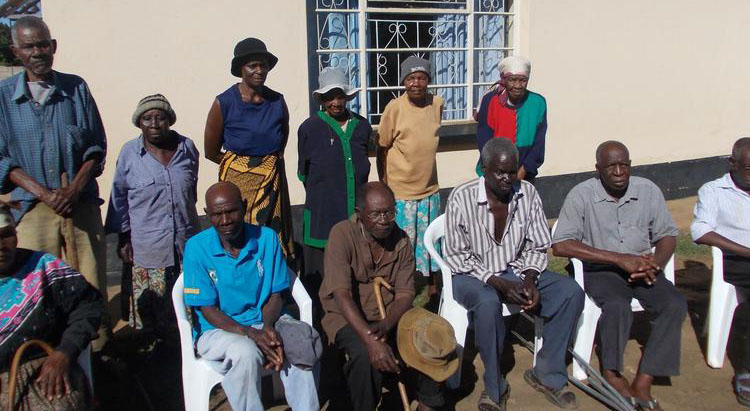

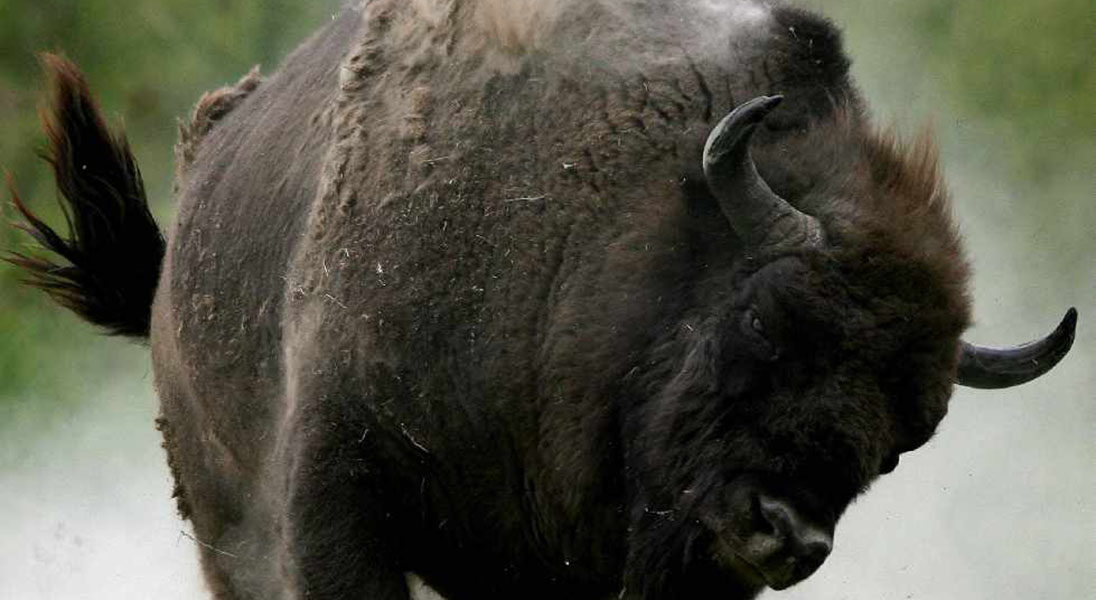


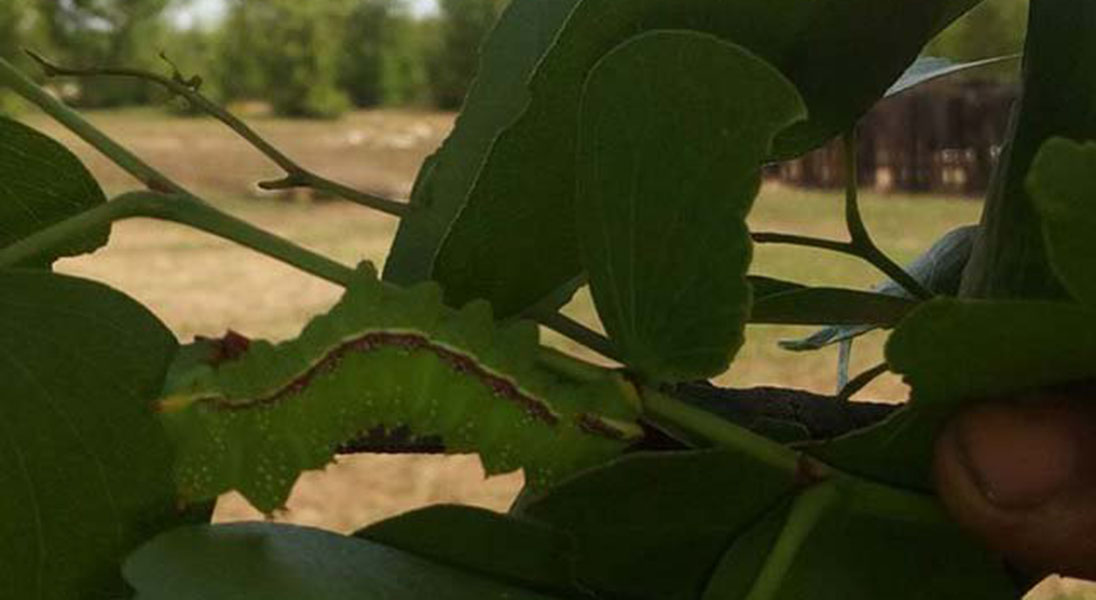


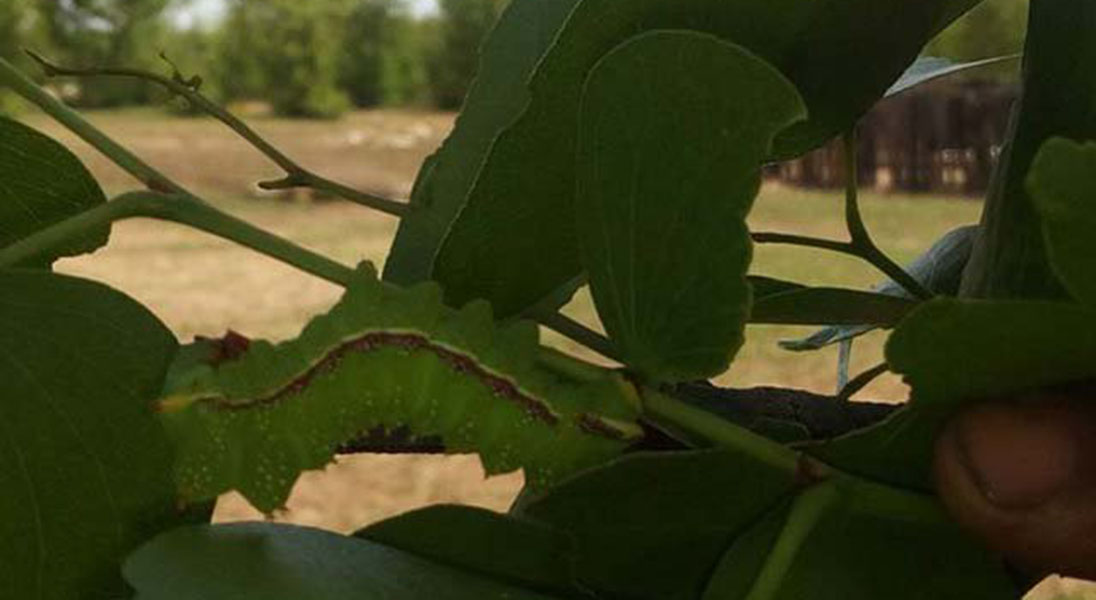
.jpg)

Comment